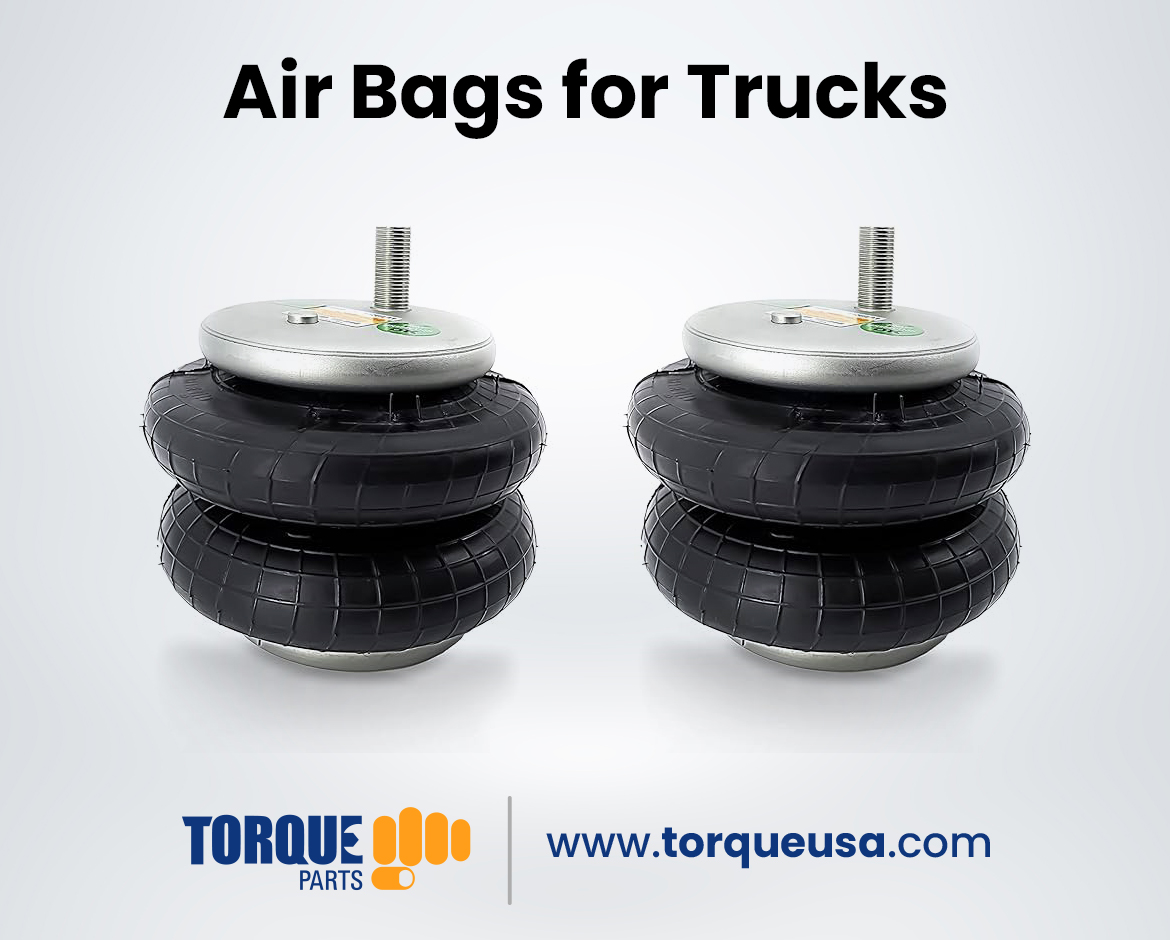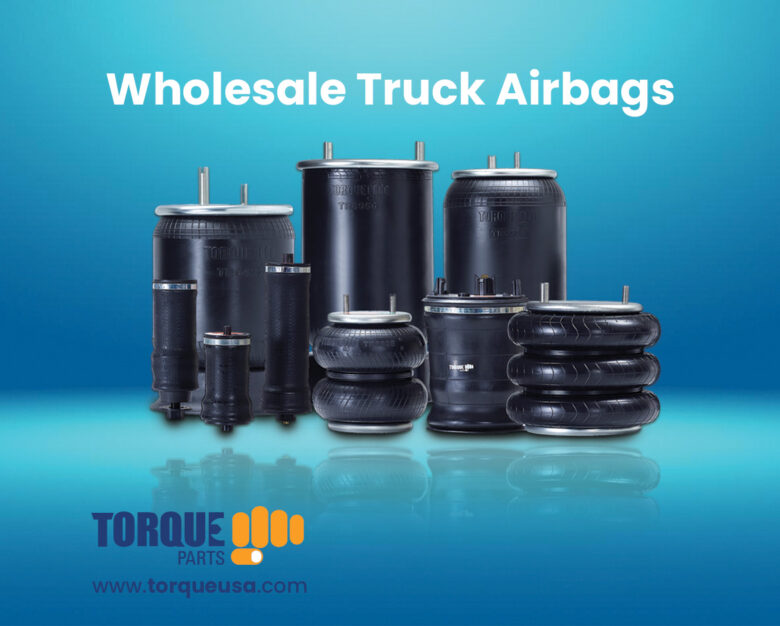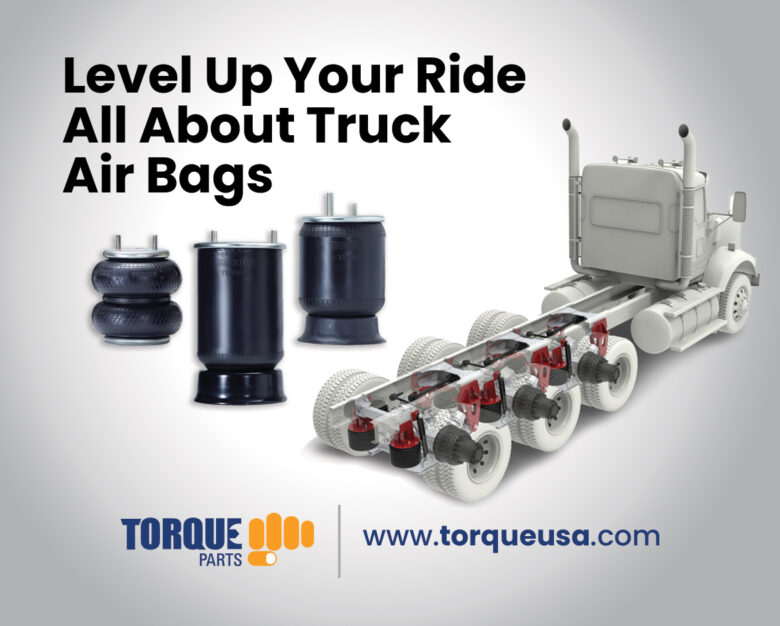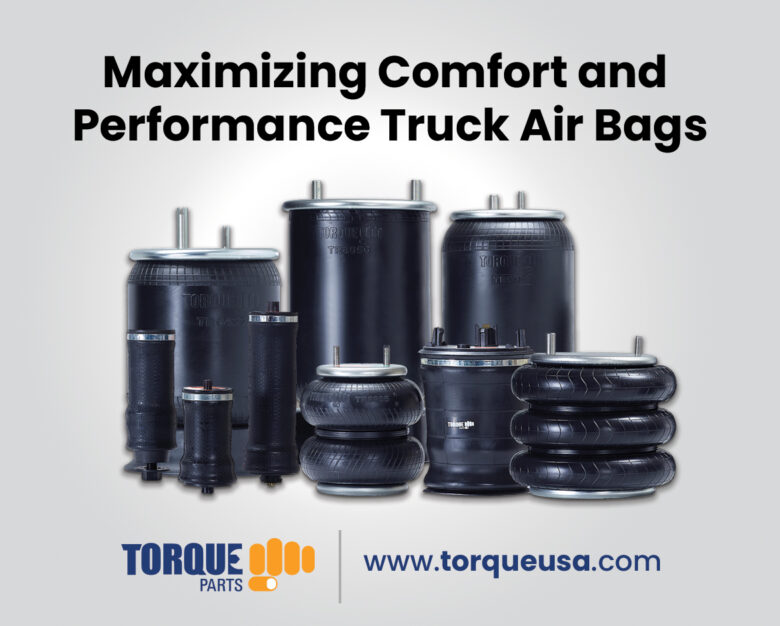
Enhancing Truck Safety and Performance with Air Bags
In the dynamic world of transportation, trucks serve as the backbone of various industries, transporting goods and materials across vast distances. Ensuring the safety and performance of these heavy-duty vehicles is paramount, not only for the drivers but also for other road users and the cargo being transported. One crucial component that plays a significant role in achieving this goal is the installation of air bags for trucks.
What are Truck Air Bags?
Truck air bags, also known as air springs or air suspension systems, are pneumatic devices designed to support the weight of a vehicle and provide a smoother ride. Unlike traditional coil or leaf spring suspensions, air bags utilize pressurized air to absorb shocks and vibrations, thereby enhancing ride comfort and stability.
Types of Truck Air Bags
There are two primary types of truck air bags: convoluted and sleeve.
- Convoluted Air Bags: These feature a bellows-like design and are commonly used in heavy-duty trucks and trailers.
- Sleeve Air Bags: Also known as rolling lobe air springs, these have a cylindrical shape and are often found in passenger vehicles and light trucks.
Importance of Truck Air Bags
Truck air bags play a crucial role in improving vehicle stability, especially during cornering and braking maneuvers. By maintaining optimal ride height and reducing body roll, they enhance overall control and handling, thus minimizing the risk of accidents.
In addition to safety, truck air bags offer economic advantages. Their ability to adjust to varying loads helps prevent premature tire wear and reduces fuel consumption, leading to cost savings for truck owners in the long run.
How Truck Air Bags Work
Truck air bags operate on a simple yet effective principle: the compression of air. When the vehicle encounters bumps or uneven terrain, the air bags compress to absorb the shock, providing a smoother ride for the driver and passengers.
The inflation process involves using an onboard air compressor or external air source. The inflation level can be adjusted based on the vehicle’s load and road conditions, providing customized support as needed.
Truck air bags work in conjunction with the vehicle’s suspension system to distribute weight evenly and maintain proper ride height. This integration ensures optimal performance and comfort, regardless of the driving conditions.
Maintenance and Care Tips
To ensure the longevity and effectiveness of truck air bags, proper maintenance is essential.
Regular inspections should be conducted to check for signs of wear, damage, or leaks. Any issues should be addressed promptly to prevent further damage to the suspension system.
Proper inflation is crucial to maintain the correct air pressure according to the manufacturer’s recommendations. Over or under-inflated air bags can affect ride quality and safety.
Common Issues and Troubleshooting
Despite their durability, truck air bags may encounter issues over time. Air leaks in the air bag or air lines can lead to reduced performance and stability. It’s essential to inspect for leaks and repair or replace damaged components as necessary. Additionally, excessive air pressure can cause the air bag to burst or become damaged. Monitoring inflation levels regularly and adjusting as needed can prevent over-inflation.
Upgrading Truck Air Bags
Consider upgrading to advanced air bag systems with features such as adjustable damping and automatic leveling for improved performance and comfort. Some modern truck air bags offer additional features like self-leveling capabilities and integrated electronic controls, further enhancing ride quality and safety.
Conclusion
Truck air bags play a vital role in enhancing safety, performance, and comfort for heavy-duty vehicles. With proper maintenance and care, they can provide years of reliable service, making them a worthwhile investment for truck owners.
In conclusion, the installation of air bags for trucks not only improves safety but also enhances overall performance, contributing to a smoother and more efficient transportation system. Investing in quality air bags and following proper maintenance procedures can significantly benefit both truck drivers and fleet operators in the long run.
For detailed information, you can contact us at Truck Air Bags




